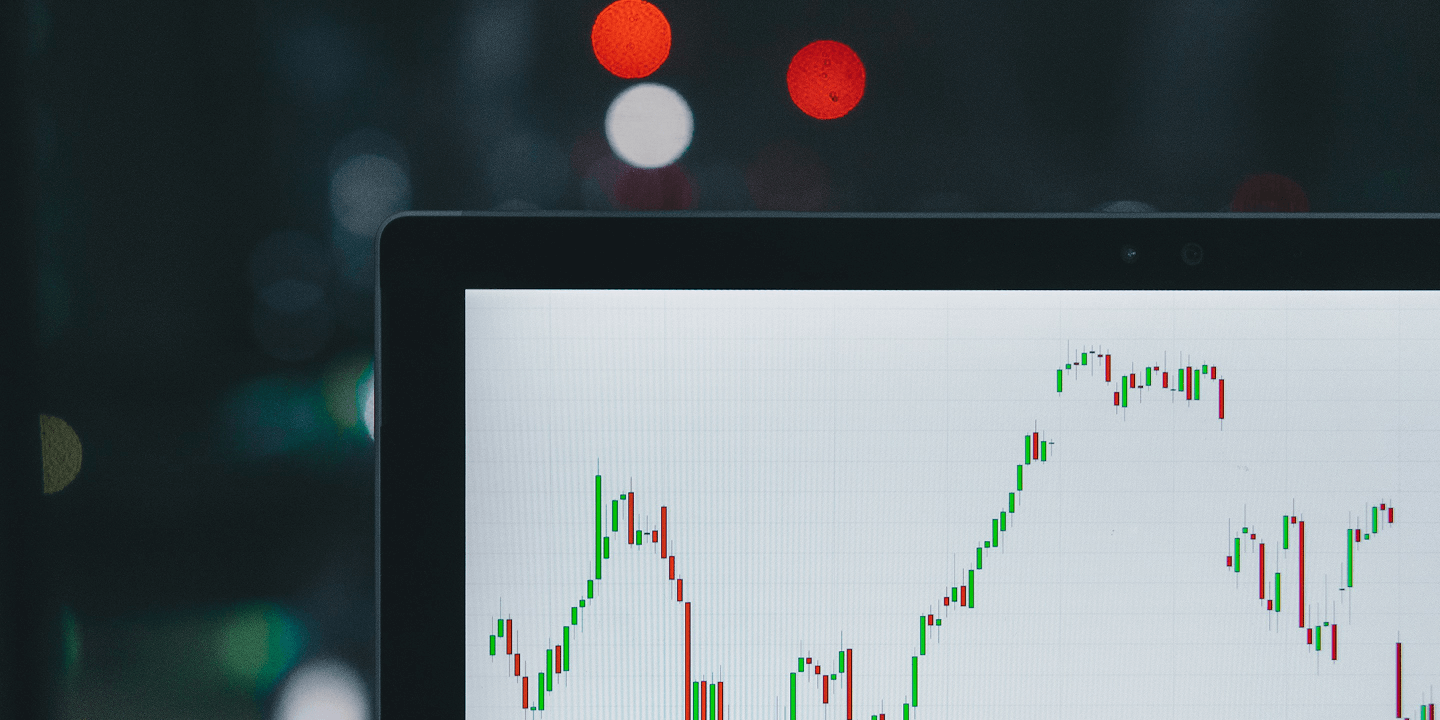Our first CIX Learning Series unpacked the implications of Singapore’s new carbon tax structure and the 5% carbon credit offset.
Watch our panel of experts discuss definition of quality and considerations including global tax, green finance and decarbonisation strategies in light of the announcement.
The speakers on the panel include:
- Benedict Chia, National Climate Change Secretariat Director (Strategic Issues)
- Taimur Baig, DBS, Managing Director and Chief Economist, Group Research
- Jeth Lee, Microsoft Singapore, Director of Legal and Government Affairs
- Chris Leeds, Standard Chartered Bank, Head of Carbon Markets Development
- Helge Muenkel, DBS, Group Chief Sustainability Officer
- Mikkel Larsen, Climate Impact X, Chief Executive Officer
Some reflections from Mikkel Larsen, CEO Climate Impact X:
The carbon tax plan laid out by the Singapore government is well calibrated and the additional design to accept international credits is a truly visionary.
This approach could be a blueprint for how the international carbon market is proliferated. It follows from Singapore’s leading role in the Art 6 negotiation at COP 26.
As part of this scheme, companies can buy international carbon credits to offset up to 5% of their taxable emissions. While the mechanism itself is used in other places, Singapore is, to my knowledge, the first country in the world that allows the purchase of international credits (vs credits generated by domestic projects). This a critical factor in creating growth of an international carbon market.
Domestic carbon credits generate local demand for credit-bearing projects but don’t leverage countries that are best positioned to take action at the lowest price, creating market inefficiencies and barriers to funding of what could be better-placed projects. Similar to how international barriers can thwart effective global trade solutions, ‘silos’ of local demand will only hamper the development of efficient carbon credit supply.
Climate change is a global problem that needs a pressing global solution. We urgently need a well-functioning, vibrant carbon market to create climate impact at scale. This is best achieved through robust international demand. In allowing the use of international carbon credits, I believe Singapore’s approach brings us a step closer to this reality. I’m proud that I, and Climate Impact X (CIX), as a company, will be able to play a part in facilitating this.
Published on September 2022.











